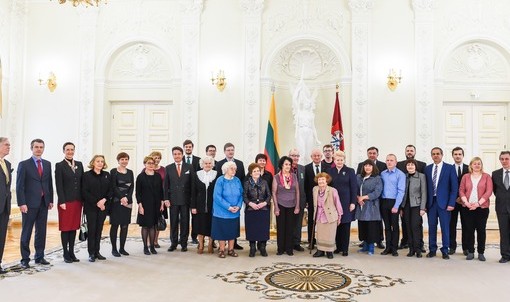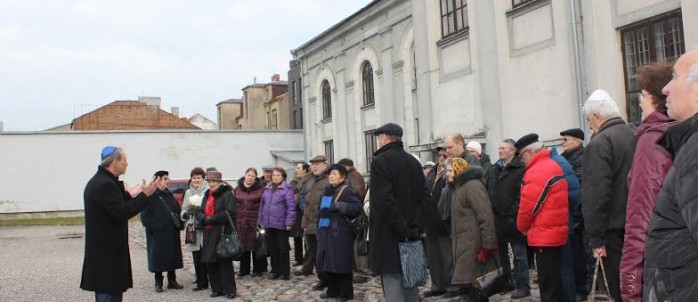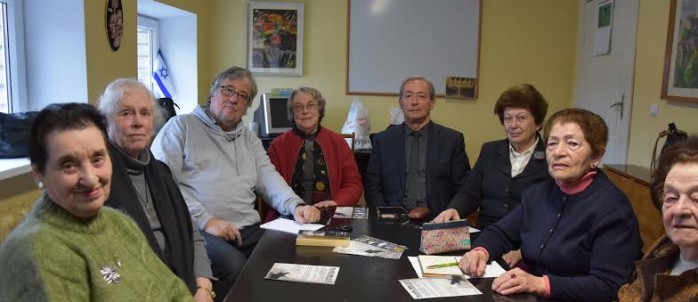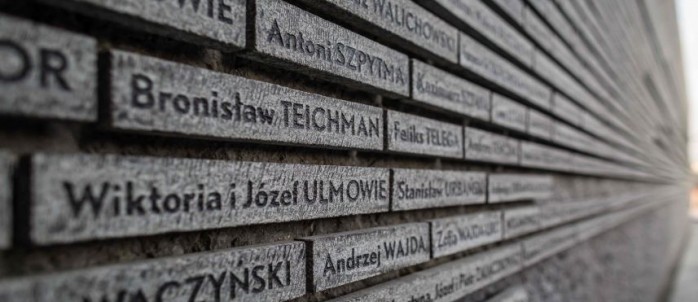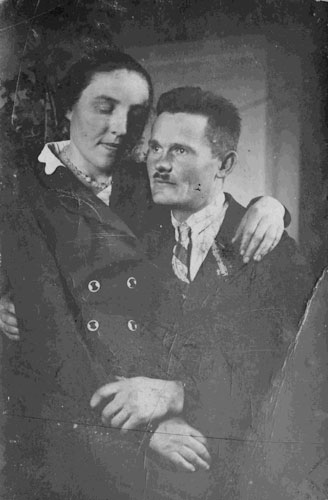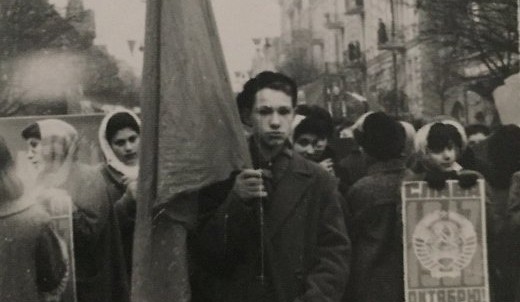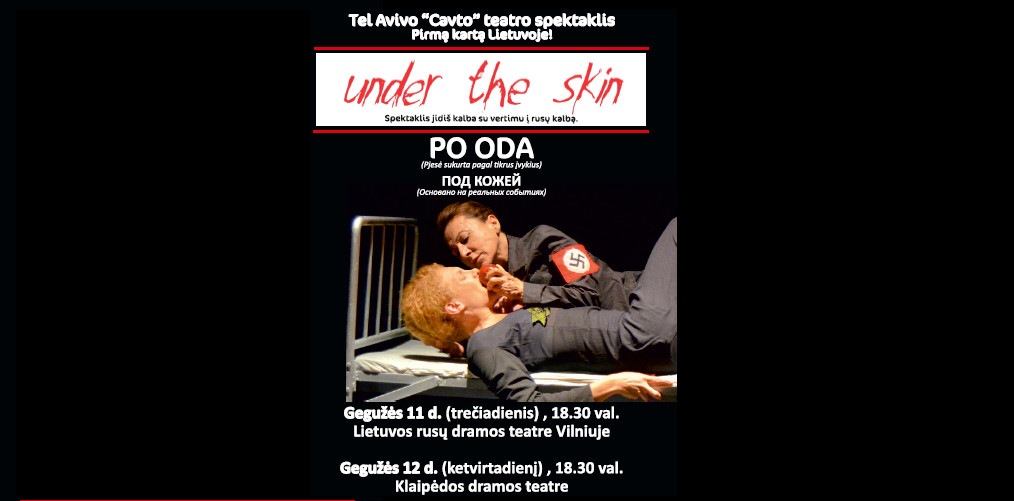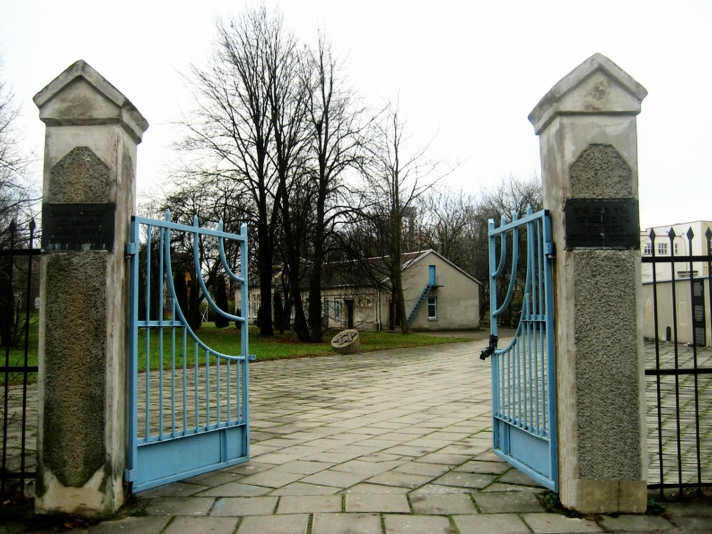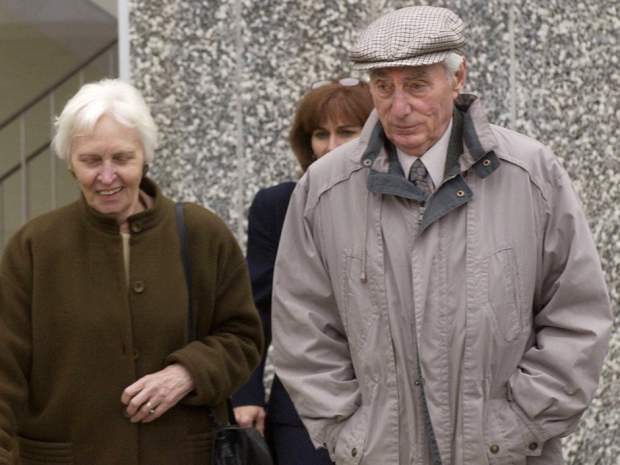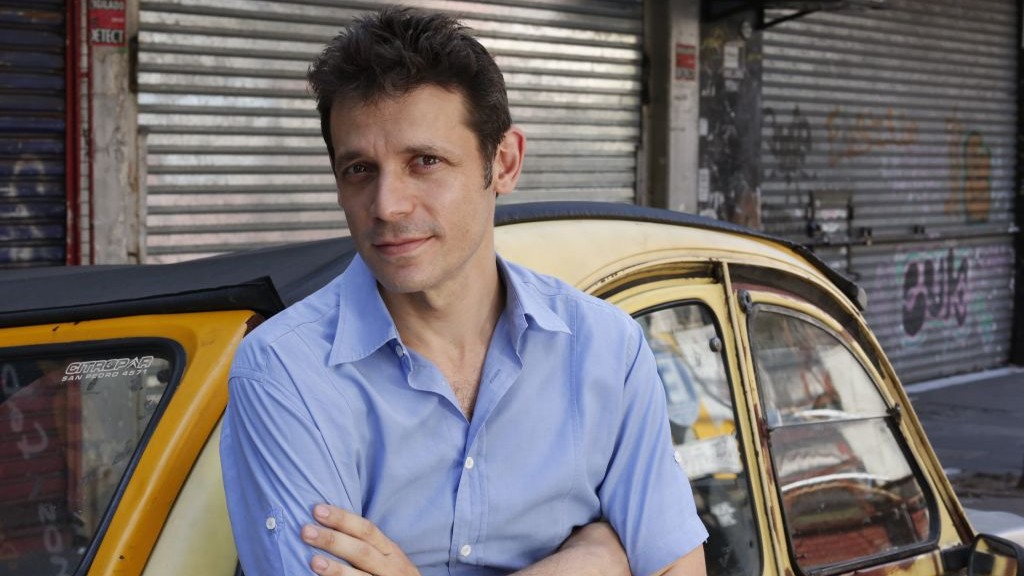The countries of Europe was exhausted by bloody battles during World War II, but the Jewish people suffered especially and were murdered merely for being Jewish. They were murdered in all countries occupied by the Nazis including Lithuania. In Lithuania the Jewish communities were strong and maintained a strong cultural identity, and the country was referred to as the Jerusalem of the North sometimes, but even so, more than 95% of all Jews were murdered here during World War II, and out of approximately 250,000 only 5,000 survived.
In those dark days of chaos, violence and mass murder, however, some very brave, noble and resolved Lithuanians stepped forward to oppose what was happening around them, and sought ways to save at least a few lives of their fellow citizens. Rescuers of Jews risked their own lives and those of their families, and many were killed and sent to concentration camps. The title Righteous among the Nations, or simply Righteous Gentile, is awarded by the state of Israel to those who saved Jews. Currently a little under 100 people who have received this award live in Lithuania, and all of them are quite old. Many of them are living in poverty and suffering from illness. The morality and sacrifice it takes to save an innocent child, elderly person, a man or a woman, your own neighbor from the jaws of death is no less an heroic act than fighting for the freedom of your country. Wanting to help these heroic people, the ambassador of the Order of Malta to Lithuania, baron Christian von Bechtolsheim, launched an initiative and on November 2, 2015, a benefit concert was held in Munich, Germany. The conductor was world-renowned Enoch zu Guttenberg. Patrons included president of Lithuania Dalia Grybauskaitė and German president Joachim Gauck. The benefit was quite successful and raised more than 125,000 euros. These monies will be used for the welfare and benefit of Righteous Gentiles, many of whom are isolated, poor and in need.


